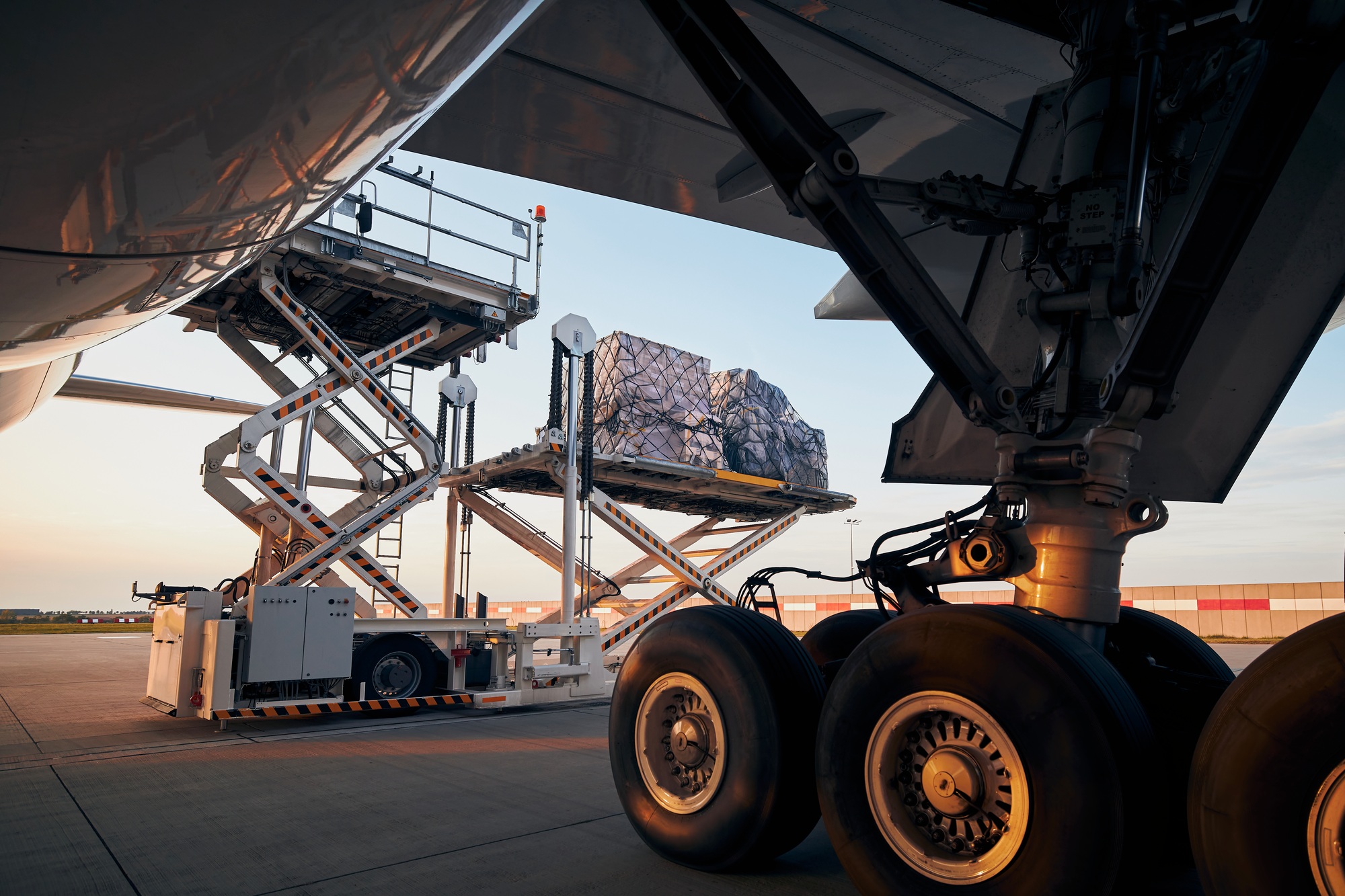7 Things Every Airline Operator Should Be Doing – WAG
If you operate an airline in Ghana, you already know the stakes. The industry is full of opportunity, but it’s not without its challenges.
You’re dealing with rising fuel costs, evolving safety regulations, increased competition, and growing customer expectations. And yet, the skies are full of potential.
So, how do you not just survive but thrive?
Let’s review seven essential actions every Ghanaian airline operator should take right now to stay ahead, stay compliant, and keep flying high.
1. Prioritize Safety Audits and Compliance Checks
Safety is more than a checklist—it’s a culture. As an operator, you have to ensure that your airline meets and exceeds Ghana Civil Aviation Authority (GCAA) and ICAO standards.
From maintenance logs to pilot rest periods, regular audits help uncover small issues before they become major problems. Ignoring safety risks not just your reputation but lives.
Are you conducting routine internal audits and preparing for external inspections proactively?
Schedule a safety audit review with an aviation consultant today with World Aviator Group
2. Invest in Continuous Staff Training
Your team is your engine. And just like aircraft, people need regular maintenance—in the form of learning.
Cabin crew, engineers, pilots, dispatchers—everyone benefits from periodic refresher courses and industry updates. Especially now, with technological changes accelerating, staying updated isn’t optional.
Workshops, simulator sessions, CRM training—these are tools that keep your airline efficient and competitive.
3. Upgrade Fleet Management Systems
Efficiency in operations begins with visibility. If you’re still managing your fleet with outdated systems or manual tracking, you’re losing both time and money.
Modern fleet management tools help with predictive maintenance, route optimization, fuel efficiency tracking, and more. They turn guesswork into data-backed decisions.
Reflection: Is your current system helping you prevent delays and reduce operating costs?
Request a demo of a next-gen aviation fleet management solution.
4. Build Strategic Industry Partnerships
No airline operates in a vacuum. Cargo partners, maintenance companies, fuel suppliers, regulators—your ability to collaborate directly affects your agility.
Attend aviation expos, join associations, and foster relationships with local and international aviation stakeholders. Strategic partnerships lead to shared resources, smoother operations, and sometimes, unexpected opportunities.
Join Ghana’s key aviation associations and start networking purposefully.
5. Strengthen Customer Experience Strategies
Passengers today expect more than a seat and a safe flight—they expect efficiency, transparency, and a human touch.
From booking to boarding, analyze every touchpoint of the customer journey. Are delays communicated well? Are feedback loops built in? Do your frontline staff feel empowered to resolve issues on the spot?
Great service isn’t an option in a highly competitive space—it’s your edge.
Survey your passengers and launch a customer service training series for your team.
6. Monitor and Adapt to Regulatory Changes
Regulations aren’t static. From drone integrations to sustainability standards, Ghana’s aviation space is evolving. Are you?
Make it a point to review new policies quarterly, attend GCAA briefings, and subscribe to ICAO updates. Staying compliant protects your operations and keeps your aircraft in the air without costly legal surprises.
P.S. When did your team last review Ghana’s new aviation regulations?
Get a regulatory compliance consultation before the next audit cycle.
7. Create a Crisis Management Plan
COVID-19 taught us all something valuable: preparedness is everything. What’s your plan if fuel prices spike, a key aircraft is grounded unexpectedly, or political changes affect operations?
Every airline should have a response plan for crises—operational, financial, or reputational. This plan should include communication chains, backup logistics, and stakeholder protocols.
CTA: Work with aviation consultants like World Aviator Group to build a crisis-ready operating model.
You’re Not Flying Alone
Running an airline is a journey that requires clarity, competence, and community. You don’t have to figure it all out by yourself. Whether it’s regulatory insight, operational support, or leadership coaching, help is available.
World Aviator Group is here to support Ghanaian airline operators with strategic consulting, compliance training, and fleet solutions tailored to your unique needs.
Because in this business, excellence is not just about flying—it’s about how you operate on the ground, too.
Let’s take your airline to new heights.
You do not want to miss out on more content to help you get better in this industry.





